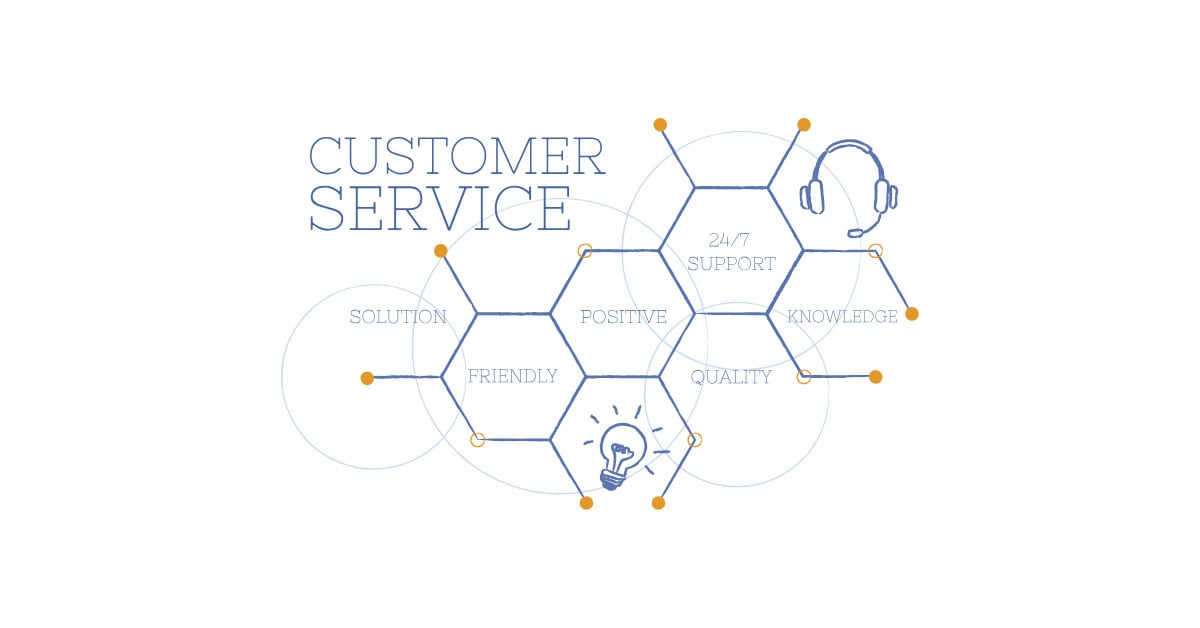Exceptional customer service is the backbone of a successful business. It ensures customer satisfaction, loyalty, and positive word-of-mouth marketing. To achieve this, understanding the three key components of customer service is crucial. We’ll delve into these components, shedding light on how they can be implemented to drive success.
In today’s highly competitive business landscape, exceptional customer service is a game-changer. It can set your brand apart and create loyal customers. But what exactly are the three key elements of customer service? This guide will explore these keys, providing valuable insights and tips to enhance your customer service strategy.
Key 1: Empathy – Understanding Your Customers
The first key to exceptional customer service is empathy. It involves understanding your customers on a deep level. To provide empathetic customer service, consider the following:
- Walk in Their Shoes: Empathize with your customers by understanding their needs, challenges, and emotions.
- Effective Listening: Pay close attention to customer feedback, complaints, and concerns.
- Quick Problem Resolution: Respond promptly and resolve issues effectively.
Empathy forms the foundation of strong customer relationships and fosters trust.
Key 2: Knowledge – Mastery of Your Product or Service
The second key to outstanding customer service is knowledge. Your team should have an in-depth understanding of your product or service, enabling them to provide accurate information and assistance. Here’s how to implement this key:
- Training: Invest in continuous training to keep your team updated on product knowledge.
- Documentation: Maintain comprehensive product documentation for quick reference.
- Personalized Recommendations: Use your knowledge to make personalized product recommendations.
Knowledge empowers your team to address customer inquiries confidently and resolve issues efficiently.
Key 3: Responsiveness – Prompt and Efficient Service
The third key is responsiveness, ensuring that customers receive prompt and efficient service. Responsiveness involves:
- Quick Response Times: Acknowledge customer inquiries and complaints promptly.
- Efficient Problem-Solving: Work to resolve issues as quickly as possible.
- Proactive Communication: Keep customers informed about their requests or issues.
A responsive approach leaves customers feeling valued and appreciated.
FAQs
1. What is the significance of empathy in customer service?
Empathy is vital in understanding and connecting with customers on a personal level. It helps build trust and loyalty.
2. How does knowledge benefit customer service?
Knowledge enables your team to provide accurate information and assistance, improving customer satisfaction.
3. Why is responsiveness crucial in customer service?
Responsiveness ensures that customers feel heard and valued, leading to a positive customer experience.
4. Can these keys be applied in any industry?
Yes, these keys are universal and can be applied in any industry to enhance customer service.
5. How can I measure the effectiveness of my customer service strategy?
Customer satisfaction surveys, feedback, and customer retention rates are useful metrics.
6. What are some common mistakes to avoid in customer service?
Avoid being unresponsive, lacking product knowledge, and showing insensitivity to customer concerns.
Conclusion
Exceptional customer service is a competitive advantage that can’t be overlooked. The three keys – empathy, knowledge, and responsiveness – are fundamental to creating a positive customer experience. By implementing these keys, you’ll not only satisfy your customers but also build lasting relationships and boost your business.
Related Articles:
This page was last edited on 17 December 2023, at 5:33 pm
Contact Us Now

Contact Us Now
Start a conversation with our team to solve complex challenges and move forward with confidence.










